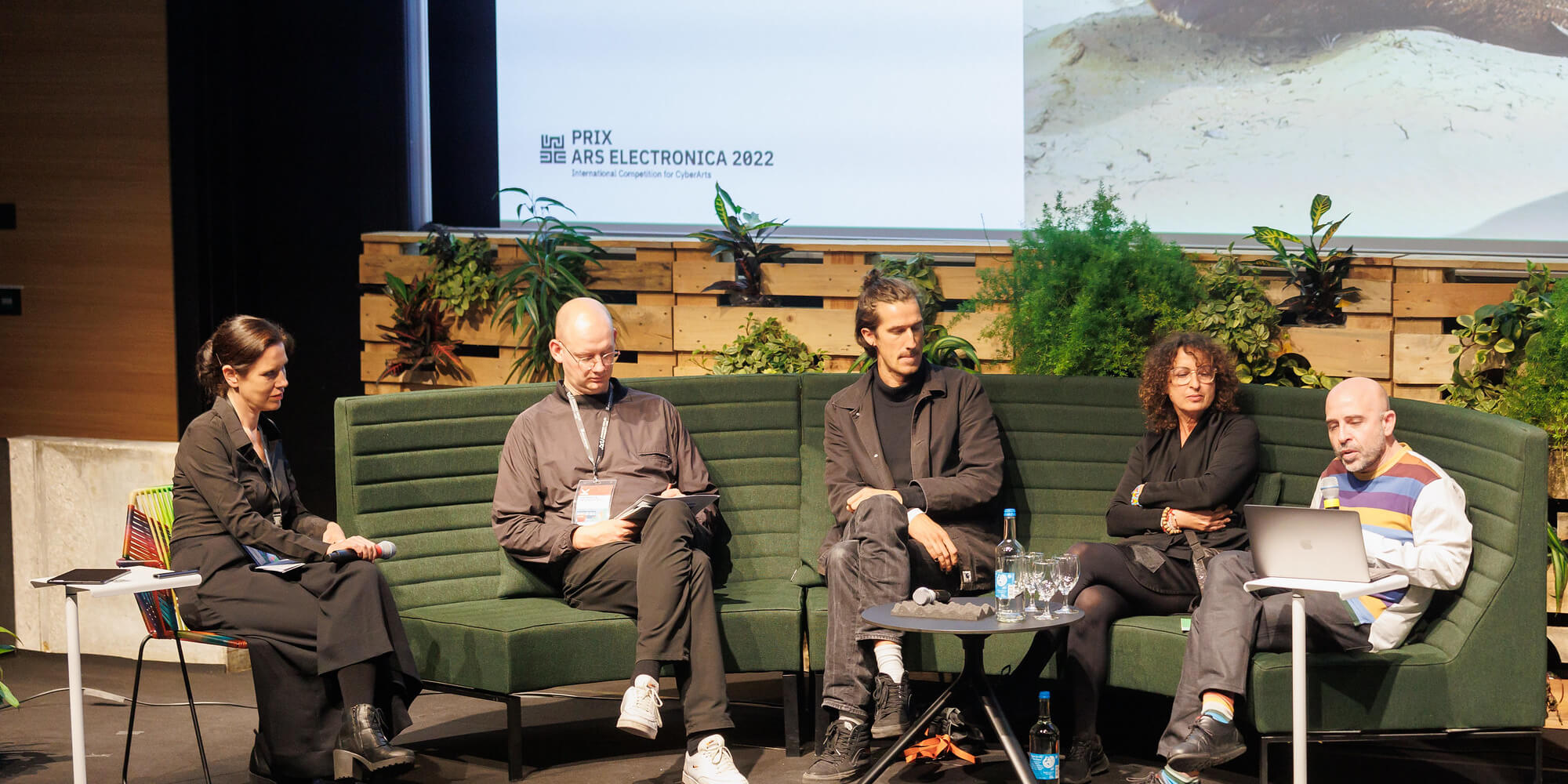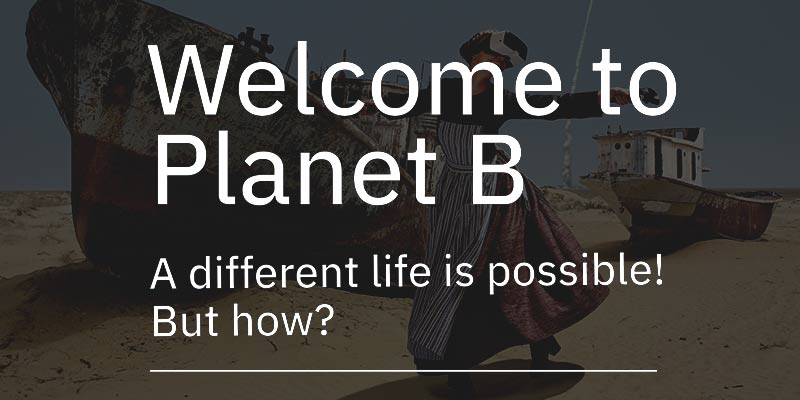Panel Discussion and Q&A
Together, chairs from the three different Prix Forum panels will reflect on this year’s project selection. Special attention will be payed to what keywords (re-)emerged during the panel discussions themselves and how the themes of each artists work pertain to the looming question of “But How?”.
Audiences are invited to join the conversation during the second half of this discussion, to help broaden mutual understanding of how the various projects and highlighting them during Prix Forum may aid in finding answers (or formulating better questions) for critical issues of our time.
Chair:
Sarah Kriesche (AT)
Speakers:
Isabelle Arvers (FR)
José-Carlos Mariategui (PE)
Thomas Gegenhuber (AT)
Biographies
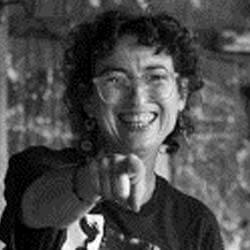 Isabelle Arvers (FR) is a French artist and curator whose research focuses on the interaction between art and video games. For the past twenty years, she has been investigating the artistic, ethical, and critical implications of digital gaming. Her work explores the creative potential of hacking games through machinima and games as a new medium for artists. In 2019, she embarked on an Art and Games World Tour in the Global South to engage with a decolonial geography of art and games.
Isabelle Arvers (FR) is a French artist and curator whose research focuses on the interaction between art and video games. For the past twenty years, she has been investigating the artistic, ethical, and critical implications of digital gaming. Her work explores the creative potential of hacking games through machinima and games as a new medium for artists. In 2019, she embarked on an Art and Games World Tour in the Global South to engage with a decolonial geography of art and games.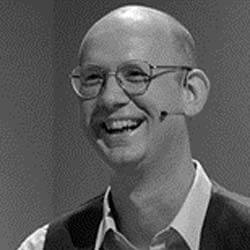 Professor Thomas Gegenhuber (AT) ist Leiter des Sustainable Transformation Lab am Linzer Institut für Technologie der Johannes Kepler Universität Linz und Gastprofessor für digitale Transformation an der Leuphana Universität Lüneburg. Wenn wir über die verschiedenen großen Herausforderungen unserer Gesellschaften nachdenken, sind Gemeinschaften und Menschenmengen soziale Strukturen, die unsere Aufmerksamkeit verdienen. Thomas untersucht daher in seiner Forschung das Zusammenspiel dieser sozialen Strukturen mit digitalen Technologien und neuen Organisationsformen (z.B. Plattformen).
Professor Thomas Gegenhuber (AT) ist Leiter des Sustainable Transformation Lab am Linzer Institut für Technologie der Johannes Kepler Universität Linz und Gastprofessor für digitale Transformation an der Leuphana Universität Lüneburg. Wenn wir über die verschiedenen großen Herausforderungen unserer Gesellschaften nachdenken, sind Gemeinschaften und Menschenmengen soziale Strukturen, die unsere Aufmerksamkeit verdienen. Thomas untersucht daher in seiner Forschung das Zusammenspiel dieser sozialen Strukturen mit digitalen Technologien und neuen Organisationsformen (z.B. Plattformen).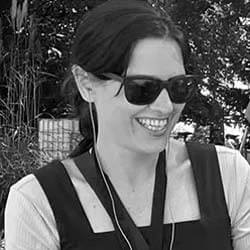 Sarah Kriesche (AT) is working as a journalist for the Austrian public radio station “Ö1”, covering the progress of IT in industry, economy, research and politics. Some stations of her professional career include the ORF radio-program “Nachbar in Not”, which reported in six languages (on short and medium wave) current events in Southeastern Europe in 1999. For her radio-series “Vielfalt in Wien” (portraits of Viennese who also have cultural roots in other countries, portraying how this cultural togetherness enriches the city and its life-quality) she received the “Prälat Leopold Ungar Anerkennungspreis”. Her feature “Zeitreise Überwachung” (covering the history of surveillance in Austria) won the Hamburg “surveillance studies price” in 2017. Nowadays, working in the science department of Ö1, her focus is on technical innovations and their impact on society.
Sarah Kriesche (AT) is working as a journalist for the Austrian public radio station “Ö1”, covering the progress of IT in industry, economy, research and politics. Some stations of her professional career include the ORF radio-program “Nachbar in Not”, which reported in six languages (on short and medium wave) current events in Southeastern Europe in 1999. For her radio-series “Vielfalt in Wien” (portraits of Viennese who also have cultural roots in other countries, portraying how this cultural togetherness enriches the city and its life-quality) she received the “Prälat Leopold Ungar Anerkennungspreis”. Her feature “Zeitreise Überwachung” (covering the history of surveillance in Austria) won the Hamburg “surveillance studies price” in 2017. Nowadays, working in the science department of Ö1, her focus is on technical innovations and their impact on society. José-Carlos Mariátegui (PE/UK) is an author, curator, scientist and entrepreneur in the field of culture and technology. He studied Biology and Applied Mathematics and holds a Master’s and PhD in Information Systems and Innovation from the London School of Economics and Political Science – LSE (London). Dr. Mariátegui is the founder of Alta Tecnología Andina – ATA (Lima, Peru), an organization working at the intersection of art, science, technology and society in Latin America. He is a lecturer at LUISS (Rome), a board member of Future Everything (UK), and has published in magazines such as AI & Society, Third Text, The Information Society, Telos and Leonardo. His multidisciplinary research includes media archaeology, digitization, archives, and the impact of technology in memory institutions. He has worked internationally as a curator for more than two decades. One of his recent exhibitions, Quántica /Broken Symmetries (co-curated with Monica Bello), explores transdisciplinary artistic practice in collaboration with scientists at CERN. He recently co-edited a special issue of AI & Society magazine on cybernetics in Latin America.
José-Carlos Mariátegui (PE/UK) is an author, curator, scientist and entrepreneur in the field of culture and technology. He studied Biology and Applied Mathematics and holds a Master’s and PhD in Information Systems and Innovation from the London School of Economics and Political Science – LSE (London). Dr. Mariátegui is the founder of Alta Tecnología Andina – ATA (Lima, Peru), an organization working at the intersection of art, science, technology and society in Latin America. He is a lecturer at LUISS (Rome), a board member of Future Everything (UK), and has published in magazines such as AI & Society, Third Text, The Information Society, Telos and Leonardo. His multidisciplinary research includes media archaeology, digitization, archives, and the impact of technology in memory institutions. He has worked internationally as a curator for more than two decades. One of his recent exhibitions, Quántica /Broken Symmetries (co-curated with Monica Bello), explores transdisciplinary artistic practice in collaboration with scientists at CERN. He recently co-edited a special issue of AI & Society magazine on cybernetics in Latin America.